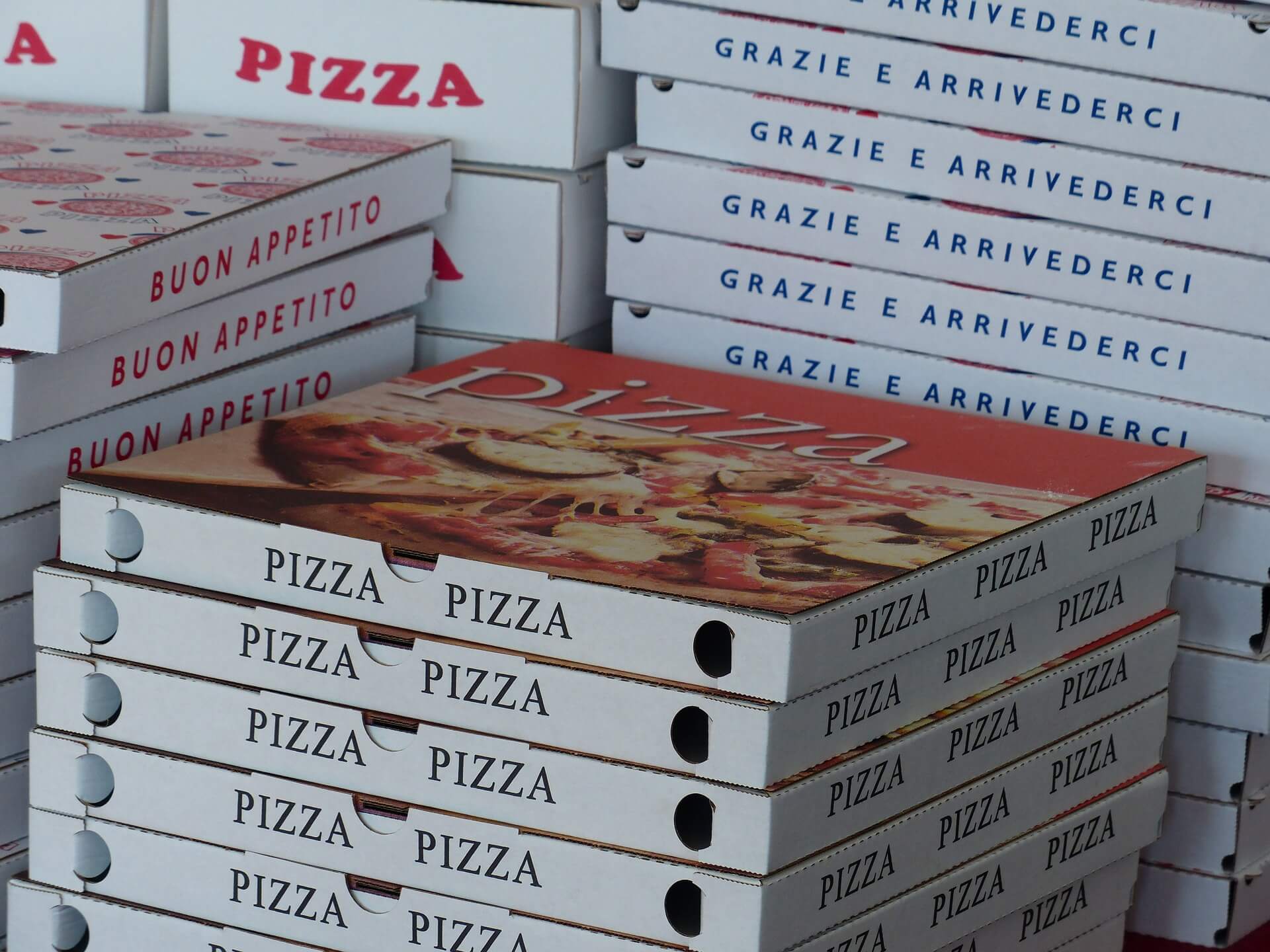Supporting Local Charities
by David Klemt

When it comes to showing the community you serve that you care about the people in it, supporting local charities is a wise decision.
Indeed, it’s a choice that restauranteur, restaurant industry leader, author, speaker, and World Pizza Champion Mike Bausch endorses.
Last week, Bausch shared his tips for supporting local charities at the 2021 International Pizza Expo in Las Vegas, Nevada.
The owner of Andolini’s Pizzeria in Oklahoma is also a Bar Hacks podcast guest. Click here to listen to episode 18.
The Wrong Way
First, Bausch encourages operators to always donate food, not money.
“Don’t be a gold Sponsor,” he says of the higher tiers of charitable donations. “Don’t be a silver sponsor.”
Of course, one reason to provide only food to a charity’s event comes down to costs. Let’s say an operator plans to donate five 20-inch pizzas (I know, not a huge donation—it’s just an example). On the high end, the food cost is $7 per pizza. That’s a donation of just $35 while still showing community support.
Second, promoting charitable donations. Simply put, don’t do it.
Bausch says to just provide the donations but not brag about it on social media or other avenues. In most cases, doing so wipes out good will from the community.
However, there is one exception: national charity events.
Third, some donations come in the form of silent auctions. In these instances, Bausch believes it’s perfectly acceptable to be over the top.
For example, silent auction items are often just an 8.5 x 11 sheet describing what a bidder can win. To stand out, Bausch says to go big with a branded basket loaded with several items. People will leave the event remembering the brand with the big basket.
The Right Way
Here, Bausch explains that he normally says yes to all charities. There are, of course, some exceptions. More on that below.
First, let’s take a look at a simple way to field donation requests. Bausch recommends adding a donation request page to a restaurant’s website. Doing so makes it easy for an operator to stay on schedule for donations and events.
The form also helps weed out the aforementioned exceptions. If someone seeking donations can’t even take the time to fill out the form, says Bausch, that identifies a red flag immediately.
Also, Bausch includes the following at the end of the request form: “A customer of Andolini’s?” (yes or no), and “Describe an experience (positive or negative) you’ve had at Andolini’s.”
Additionally, not every donation Bausch and Andolini’s make is necessarily for a charity. There are smaller groups of people with whom Bausch will seek good will.
Example: Pokémon and Magic: The Gathering groups. Bausch sees value in supporting so-called “fringe” groups, providing a place to host tournaments or food for their tournaments.
Bausch will also call the local police, ask when shift changes take place, and drop off pizzas.
When asked, inevitably, why he would just drop off free pizzas, his answer is simple: “Because we want to.”
Image: Hans Braxmeier from Pixabay
